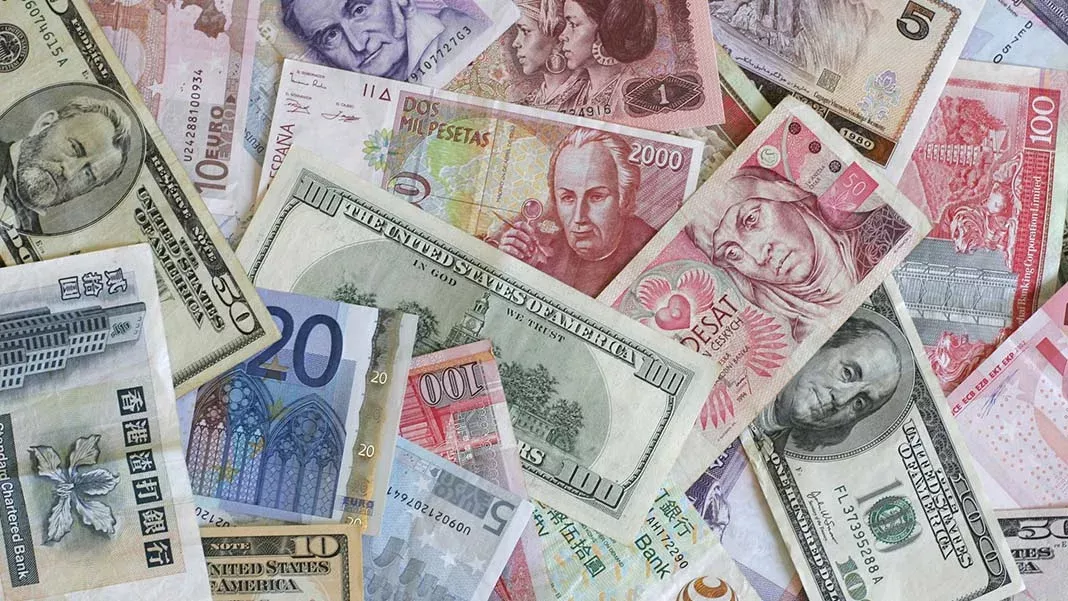In today’s interconnected global economy, investors have unprecedented opportunities to diversify their portfolios beyond domestic markets. One avenue for achieving diversification is by investing in foreign currencies. However, navigating the complexities of international currency markets requires careful consideration and strategic planning. In this guide, we’ll explore everything you need to know about buying foreign currency, including definitions, uses, future trends, and related investment suggestions.
Understanding Foreign Currency
Foreign currency refers to the currency of another country, distinct from the currency used in your home country. Every nation has its own currency, each with its own exchange rate relative to other currencies. The value of a currency can fluctuate due to various factors, including economic indicators, geopolitical events, and central bank policies.
Uses of Foreign Currency
Investing in foreign currency serves several purposes:
1. Diversification: Holding assets denominated in different currencies can help mitigate risks associated with currency fluctuations in your domestic market.
2. Hedging: Investors may use foreign currency to hedge against currency risk in international transactions or to protect against potential losses in their domestic currency.
3. Speculation: Some investors engage in currency trading to capitalize on short-term fluctuations in exchange rates, aiming to profit from the volatility of currency markets.
Future Trends in Foreign Currency Markets
The future of foreign currency markets is influenced by various factors, including global economic trends, geopolitical developments, and technological advancements. Here are some key trends to watch:
1. Digital Currencies: The rise of digital currencies, such as Bitcoin and central bank digital currencies (CBDCs), could reshape the landscape of international currency markets, offering new opportunities and challenges for investors.
2. Emerging Market Currencies: As emerging economies continue to grow and develop, the currencies of these nations may become increasingly important in global finance, presenting potential investment opportunities for savvy investors.
3. Geopolitical Shifts: Geopolitical tensions and trade disputes can impact exchange rates and create volatility in currency markets. Keeping abreast of geopolitical developments is crucial for making informed investment decisions in foreign currencies.
Investment Suggestions
When buying foreign currency, consider the following investment suggestions:
1. Diversify Strategically: Spread your investments across multiple currencies to reduce risk and enhance portfolio diversification. Focus on currencies with strong fundamentals and stable economic outlooks.
2. Stay Informed: Keep yourself updated on economic indicators, central bank policies, and geopolitical events that can influence currency markets. Utilize reliable sources of information and analysis to inform your investment decisions.
3. Consider Currency ETFs and Funds: For investors seeking exposure to foreign currencies without directly trading in the forex market, currency exchange-traded funds (ETFs) and mutual funds offer convenient options for diversification.
Conclusion
Investing in foreign currency can be a valuable component of a diversified investment portfolio, providing opportunities for risk management, diversification, and potential returns. By understanding the fundamentals of international currency markets, staying informed about global economic trends, and adopting a strategic approach to investing, investors can navigate the complexities of foreign currency markets with confidence.
FAQs
Q1: Is it safe to invest in foreign currency?
A1: Investing in foreign currency carries inherent risks, including exchange rate fluctuations, geopolitical uncertainties, and economic instability in foreign markets. However, with careful research, risk management strategies, and a long-term investment perspective, investors can mitigate these risks and potentially achieve attractive returns.
Q2: How can I mitigate currency risk in foreign investments?
A2: To mitigate currency risk in foreign investments, investors can employ various hedging strategies, such as using currency derivatives, investing in currency-hedged funds, or diversifying across multiple currencies. Additionally, maintaining a well-balanced and diversified portfolio can help reduce the impact of currency fluctuations on overall investment performance.
Q3: Are there any tax implications associated with investing in foreign currency?
A3: Tax implications of investing in foreign currency vary depending on your country of residence and the specific nature of your investments. It’s essential to consult with a tax advisor or financial professional to understand the tax implications of foreign currency investments in your particular situation. Additionally, staying compliant with tax regulations and reporting requirements is crucial when investing in foreign currencies.


